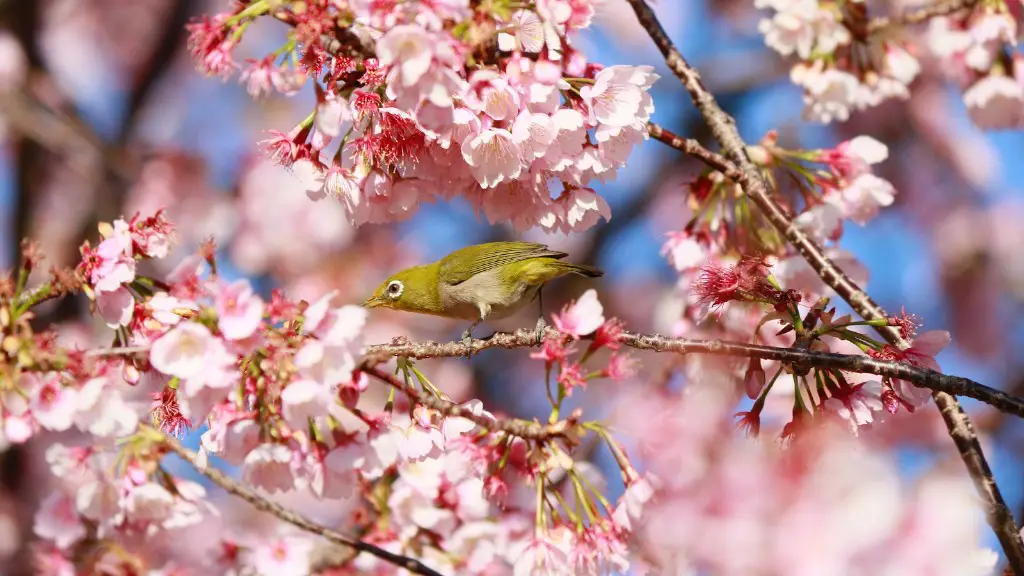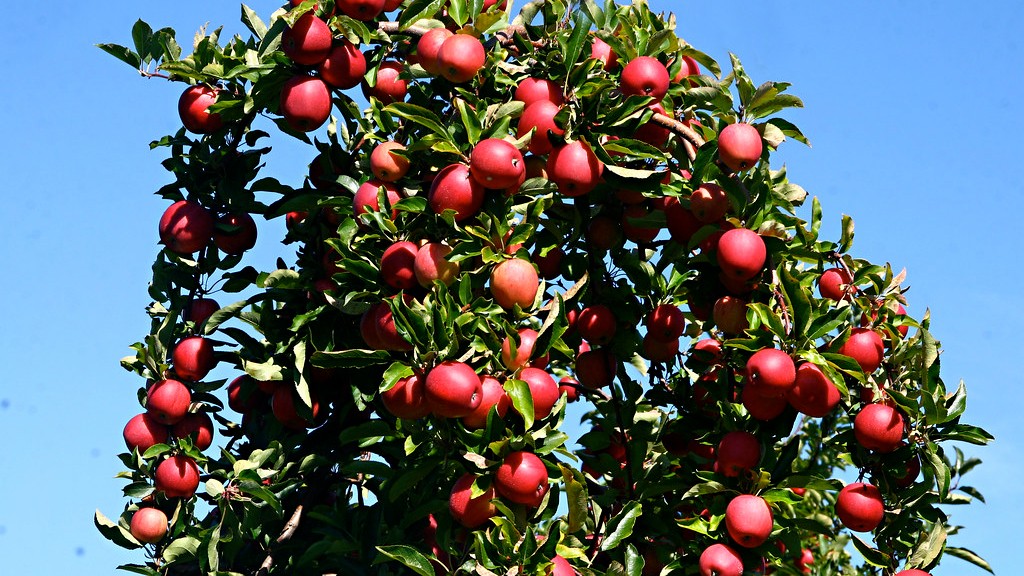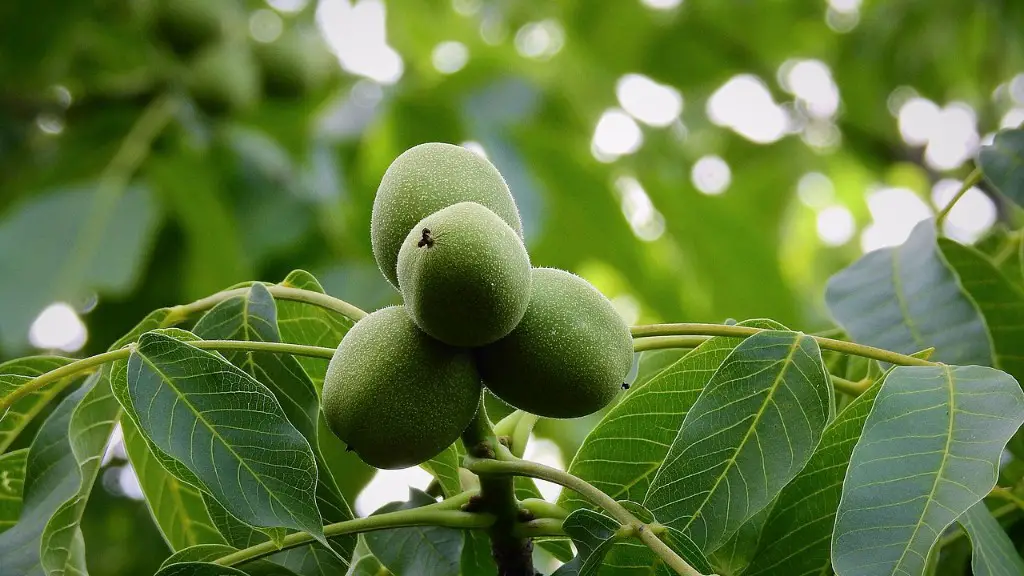Introduction
Cherry trees are popular ornamental trees in many backyards and gardens around the world. Every year, many people are anxious to know when their cherry tree will bear fruit and experience the joy of harvesting it. In this article, we will find out the answers to this important question – when can you expect your cherry tree to bear fruit?
Climate Conditions
The climate is one of the most important factors affecting when your cherry tree will bear fruit. Generally, cherry trees require sound and consistent winter chill in order to set fruits. Most cherry tree varieties need at least 1000 hours of chilling weather with temperatures below 45 degrees Fahrenheit in order to bear fruit.
In addition to the winter chill, cherry trees require warm and humid summers with temperature of at least 80 degree Fahrenheit in order to blossom and bear fruits. If the climate in a particular region is not favorable for cherry trees, it will not bear fruit even after 10 years.
Age of the Plant
Another important factor determining when your cherry tree will bear fruit is its age. Generally, cherry trees start bearing fruit when they are between three to four years old. Young trees are unlikely to bear fruits, as they have not yet established themselves.
However, this period may vary depending upon the variety of cherry tree and the climate. For instance, some varieties can begin bearing fruits as young as one year old and some others may take up to seven years to bear fruits.
Location and Care
Apart from the age and the climate, it is also important to consider where you have planted the cherry tree and how you take care of it. A cherry tree with adequate access to sunlight will blossom earlier than one planted in the shade. Similarly, a cherry tree that is not pruned regularly can take longer to bear fruits.
It is also important to watch out for pests and diseases. Cherry trees are susceptible to certain diseases and if not treated in time, they can cause significant damage to the tree and delay its bearing of fruits.
Environmental Factors
Environmental factors, such as the amount of rainfall and the presence of other plants, can also affect the duration before your cherry tree will bear fruit. If the climate is dry, additional irrigation may be required to ensure that your cherry tree blossoms in time. Similarly, if there are any competing plants in the vicinity of your cherry tree, they may absorb much of the soil’s nutrients and delay the tree’s bearing of fruits.
Pollination
Pollination is another important factor that affects when your cherry tree will bear fruit. Pollination is the process where pollen is transferred from the male part of the flower (stamens) to the female part (pistil), resulting in the production of fruits.
In some cherry varieties, pollination has to occur between two different varieties of the same species in order for the set of fruits to be viable. Therefore, if you have only one variety in your garden, then you will have to look for a different variety in your vicinity for successful pollination.
Other Species
Finally, it is important to remember that other species of cherry trees may behave differently. While most varieties of cherries start bearing fruits after three to four years, some may take longer. Moreover, some varieties may produce bigger and sweeter fruits than others.
Therefore, if you’re looking for a fast-growing variety of cherry trees that can bear fruits within two to three years, then you may need to consult an expert and find out the best varieties available in your locality.
Conclusion
In conclusion, there is no one-size-fits-all answer to when your cherry tree will bear fruit. The age and the climate of the tree, along with other environmental factors, are key factors that directly affect when a cherry tree will bear fruit. Additionally, other cherry tree varieties may produce bigger and sweeter fruits than others and may require a different pollination process for successful fruiting. Therefore, it is important to find the right conditions and the right cherry tree variety to maximize the chances of having a successful harvest.


